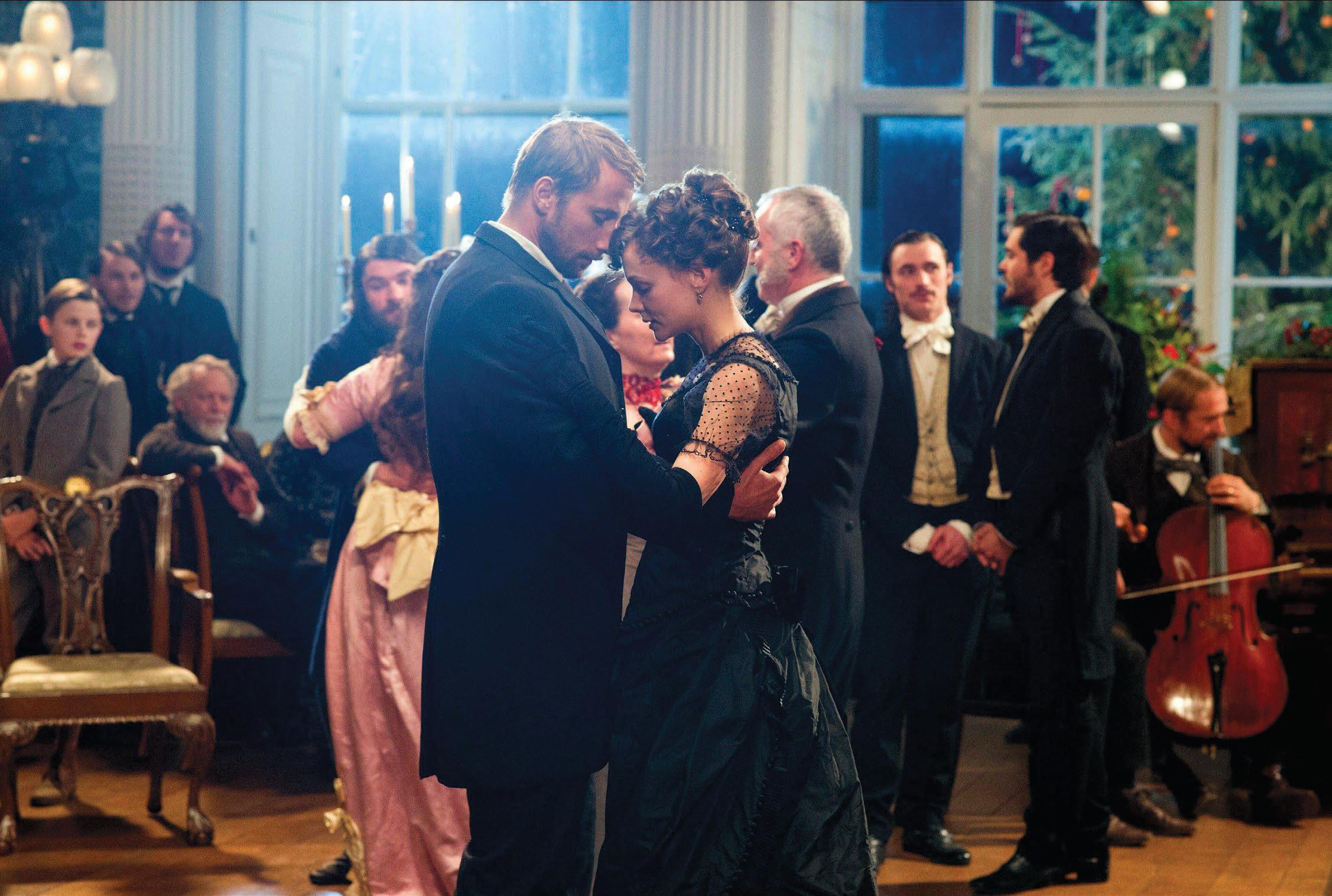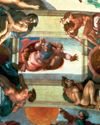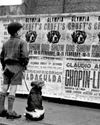
COULD your property secure a starring role in an advert, television production or even on the silver screen? Opening your home to photoshoots and filming could provide a handy fillip to your income, not to mention some interesting tales to tell.
Jacobean Mapperton in Dorset, voted the 'nation's finest manor house' by COUNTRY LIFE back in 2006, has featured in blockbusters including Rebecca (2020), Far from the Madding Crowd (2015), Emma (1996) andRestoration (1995), as well as television shows and photoshoots. 'We've always welcomed film and television productions to Mapperton,' explains Luke Montagu, 12th Earl of Sandwich. 'This is partly because I used to work in film (I co-founded the MetFilm School in Ealing Studios), but also because the income is incredibly useful for fixing one of our many leaking roofs. A major feature film or television series always raises the profile of Mapperton and gives our visitor numbers a good boost. We also sometimes benefit from parts of the set that are left behind-we're still using the garden gates from Far from the Madding Crowd.
Bu hikaye Country Life UK dergisinin February 26, 2025 sayısından alınmıştır.
Start your 7-day Magzter GOLD free trial to access thousands of curated premium stories, and 9,000+ magazines and newspapers.
Already a subscriber ? Giriş Yap
Bu hikaye Country Life UK dergisinin February 26, 2025 sayısından alınmıştır.
Start your 7-day Magzter GOLD free trial to access thousands of curated premium stories, and 9,000+ magazines and newspapers.
Already a subscriber? Giriş Yap

A trip down memory lane
IN contemplating the imminent approach of a rather large and unwanted birthday, I keep reminding myself of the time when birthdays were exciting: those landmark moments of becoming a teenager or an adult, of being allowed to drive, to vote or to buy a drink in a pub.

The lord of masterly rock
Charles Dance, fresh from donning Michelangelo’s smock for the BBC, discusses the role, the value of mentoring and why the Sistine chapel is like playing King Lear

The good, the bad and the ugly
With a passion for arguing and a sharp tongue to match his extraordinary genius, Michelangelo was both the enfant prodige and the enfant 'terribile’ of the Renaissance, as Michael Hall reveals

Ha-ha, tricked you!
Giving the impression of an endless vista, with 18th-century-style grandeur and the ability to keep pesky livestock off the roses, a ha-ha is a hugely desirable feature in any landscape. Just don't fall off

Seafood, spinach and asparagus puff-pastry cloud
Cut one sheet of pastry into a 25cm–30cm (10in–12in) circle. Place it on a parchment- lined baking tray and prick all over with a fork. Cut the remaining sheets of pastry to the same size, then cut inner circles so you are left with rings of about 5cm (2½in) width and three circles.

Small, but mighty
To avoid the mass-market cruise-ship circuit means downsizing and going remote—which is exactly what these new small ships and off-the-beaten track itineraries have in common.

Sharp practice
Pruning roses in winter has become the norm, but why do we do it–and should we? Charles Quest-Ritson explains the reasoning underpinning this horticultural habit

Flour power
LONDON LIFE contributors and friends of the magazine reveal where to find the capital's best baked goods

Still rollin' along
John Niven cruises in the wake of Mark Twain up the great Mississippi river of the American South

The legacy Charles Cruft and Crufts
ACKNOWLEDGED as the ‘prince of showmen’ by the late-19th-century world of dog fanciers and, later, as ‘the Napoleon of dog shows’, Charles Cruft (1852–1938) had a phenomenal capacity for hard graft and, importantly, a mind for marketing—he understood consumer behaviour and he knew how to weaponise ‘the hype’.